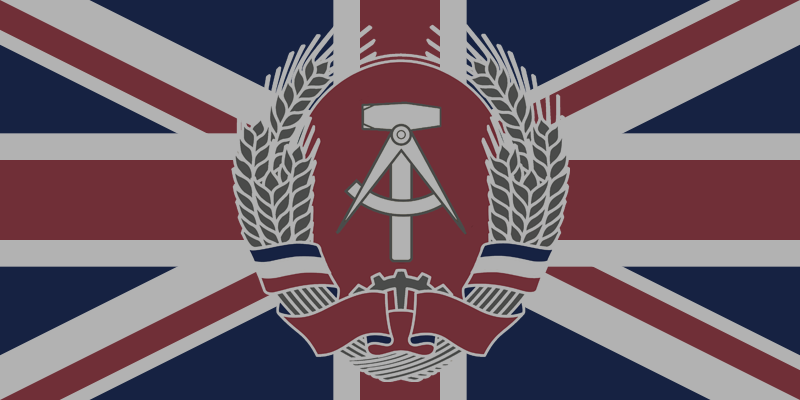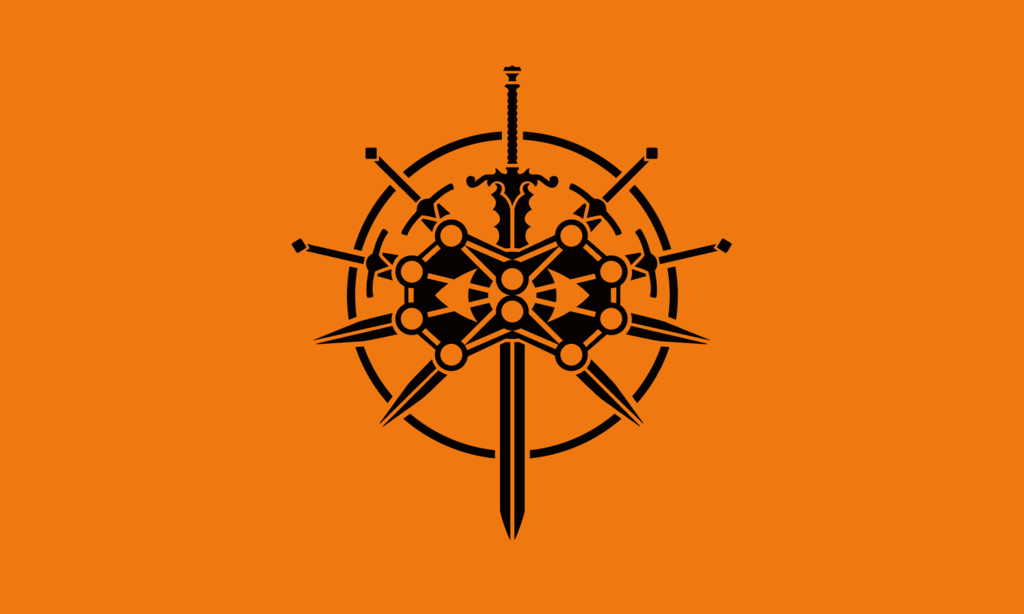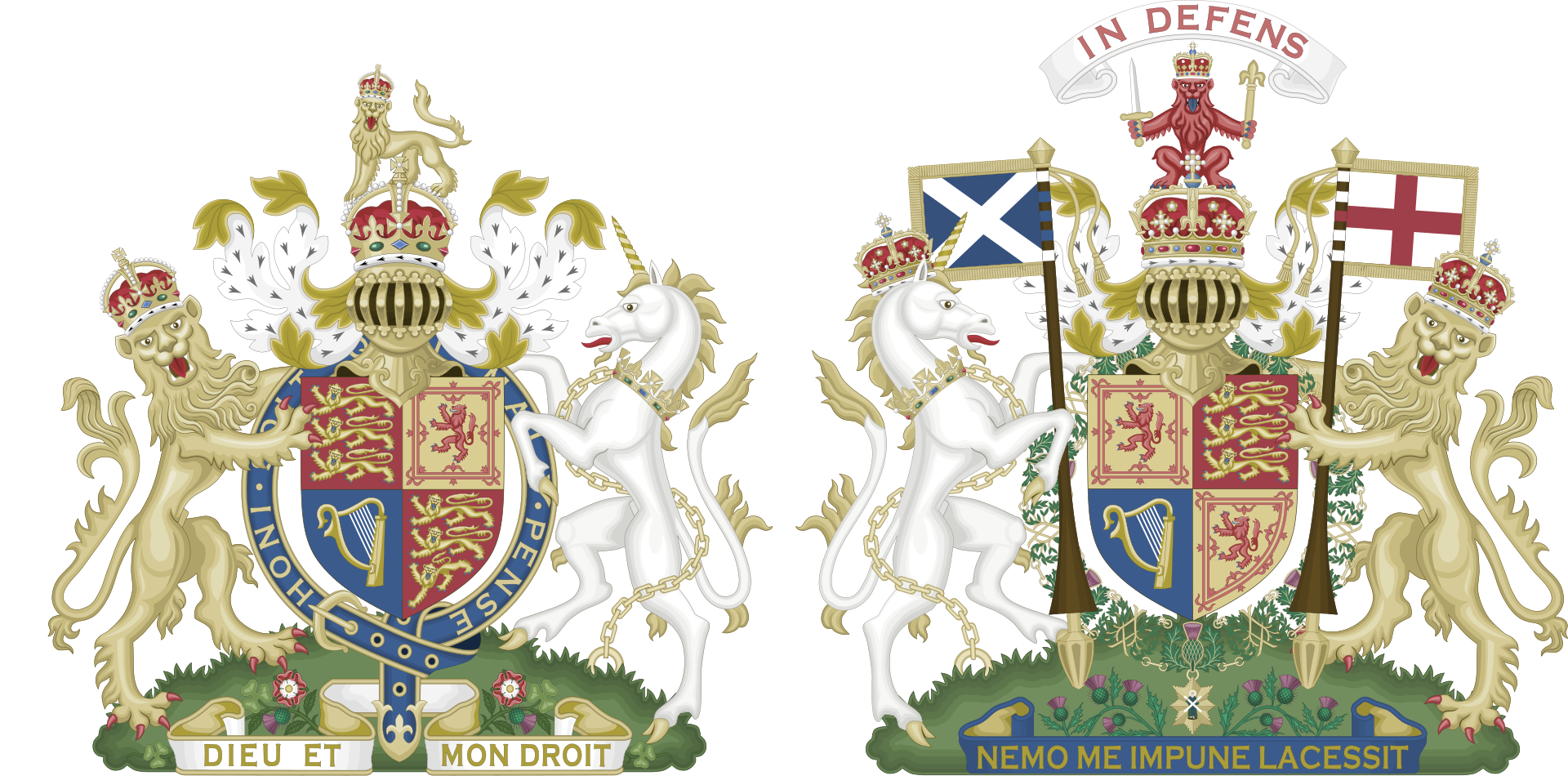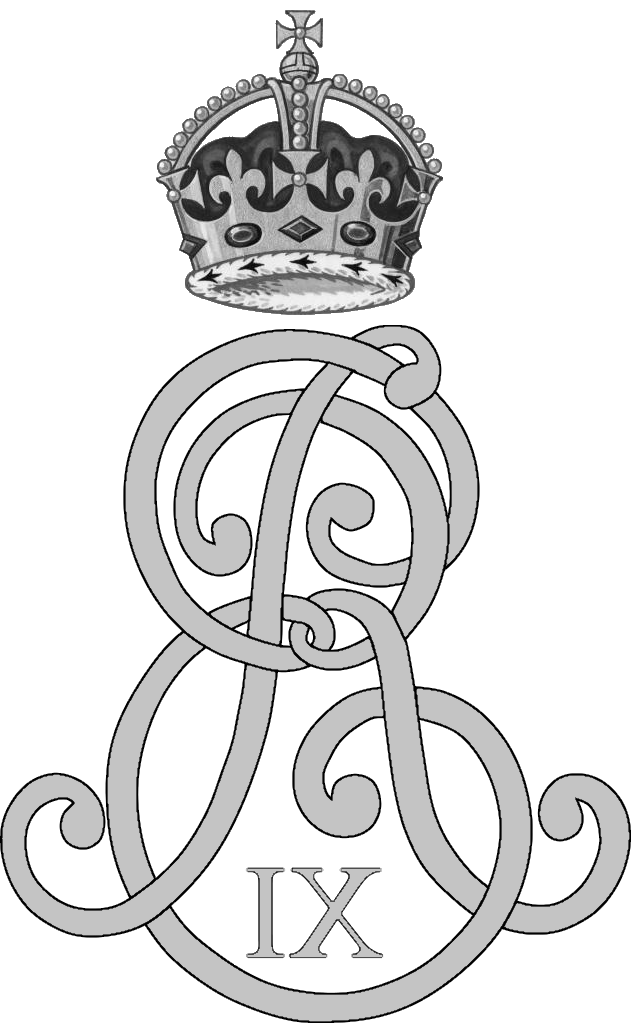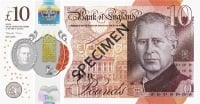| History: |
British history spans thousands of years, shaped by invasions, conquests, and gradual transformations that turned a small island into a global empire. Here’s a summarized version:
Prehistoric and Roman Britain (up to 410 AD)
Britain was originally inhabited by Celtic tribes, like the Britons and Picts. In 43 AD, the Romans invaded and established the province of Britannia, bringing roads, cities, and a mix of Roman and local culture. They ruled for nearly 400 years until the Roman Empire's decline led to their withdrawal in 410 AD.
Anglo-Saxon and Viking Period (410-1066)
After the Romans left, Britain saw waves of invasions by the Angles, Saxons, and Jutes from northern Europe. The Anglo-Saxons established several kingdoms and spread Christianity, notably after the arrival of St. Augustine in 597 AD. During the 9th and 10th centuries, Vikings from Scandinavia began raiding and settling in Britain, leading to conflicts and treaties like the Danelaw.
Norman Conquest and Middle Ages (1066–1485)
In 1066, William the Conqueror, the Duke of Normandy, invaded and defeated King Harold at the Battle of Hastings, starting Norman rule. The Normans brought feudalism, centralized governance, and the building of castles. The Middle Ages were marked by a power struggle between the monarchy and the Church, notably through events like the signing of the Magna Carta in 1215, which limited royal power.
The Hundred Years' War (1337–1453) against France dominated the later medieval period, as did the Black Death (1348), which drastically reduced the population. This period also saw the War of the Roses (1455–1487), a series of civil wars between the houses of Lancaster and York, ending with Henry Tudor's (Henry VII) victory at Bosworth Field in 1485.
The Tudors and Stuarts (1485–1714)
Henry VII founded the Tudor dynasty, which stabilized England after the Wars of the Roses. His son, Henry VIII, famously broke from the Catholic Church in 1534 and established the Church of England, starting the English Reformation. His daughter, Elizabeth I, ruled during a golden age of culture and exploration, defeating the Spanish Armada in 1588 and expanding English influence abroad.
The Stuart period began with James I (1603), who also ruled Scotland, marking the union of the crowns. However, tensions between monarchy and Parliament grew, culminating in the English Civil War (1642–1651), which led to the temporary overthrow of the monarchy and the execution of Charles I. England briefly became a republic under Oliver Cromwell but restored the monarchy in 1660 with Charles II. The "Glorious Revolution" of 1688 ousted James II in favor of William III and Mary II, establishing a constitutional monarchy.
The British Empire and Industrial Revolution (1714–1914)
The 18th century saw Britain become a global power, particularly after the Union of 1707, which united England and Scotland to form Great Britain. The Industrial Revolution (late 1700s to mid-1800s) transformed British society with technological advances, urbanization, and the rise of factories.
Britain expanded its empire, notably in India, the Americas, and Africa. The 19th century was dominated by Queen Victoria's reign (1837–1901), the height of the British Empire. Britain was the world's foremost industrial and naval power, but its empire also faced challenges, such as the American Revolution (1775–1783), where the Thirteen Colonies gained independence.
20th Century: World Wars and Decline of Empire (1914–present)
Britain played a major role in both World Wars. In World War I (1914–1918), Britain fought alongside the Allies and emerged victorious but weakened. In World War II (1939–1945), Britain, under Winston Churchill’s leadership, was a crucial member of the Allied powers that defeated Nazi Germany.
After WWII, Britain’s empire began to decline as countries like India (1947) and many African nations gained independence. The post-war era saw economic rebuilding, the establishment of the welfare state, and Britain’s role in global institutions like NATO and the United Nations.
21st Century: Modern Britain
Britain has faced numerous challenges in the 21st century, including the financial crisis of 2008 and the General Election of 2019, Prime Minister Vivienne Rook won with a landslide victory, she tore apart democracy and Britain was placed under a one-party dictatorship.
21st Century: The Monarchy
On the 13th of June 2015, Her Royal Highness, Princess Anne The Princess Royal was killed in a terrorist attack on Horse Guards Parade while attending Trooping The Colour.
Her Majesty Queen Elizabeth II died on September 22, 2018, after a fall at Windsor Castle resulting in a brain injury, she was later succeeded by her eldest son, now, Charles III.
As a result of the 2019 General Election, Charles III and his family fled to The United States in fear for their safety. During this time, Charles III was forced to abdicate and a puppet monarch was installed (Queen Zara of the United Kingdom of Great Britain and Northern Ireland). When the Rook Dictatorship fell apart, Charles was reinstated as Monarch, and 'Queen' Zara was shot and killed in Buckingham Palace by The Metropolitan Police's Special Escort Group.
Charles III died in August of 2024 and was succeeded by his son, Edward IX. Queen (Mother), Camilla remains at her official London residence, Clarence House. Edward IX was crowned alongside his wife Queen (Consort) Alexandra at Westminster Abbey in February 2025 at the age of 45. |

